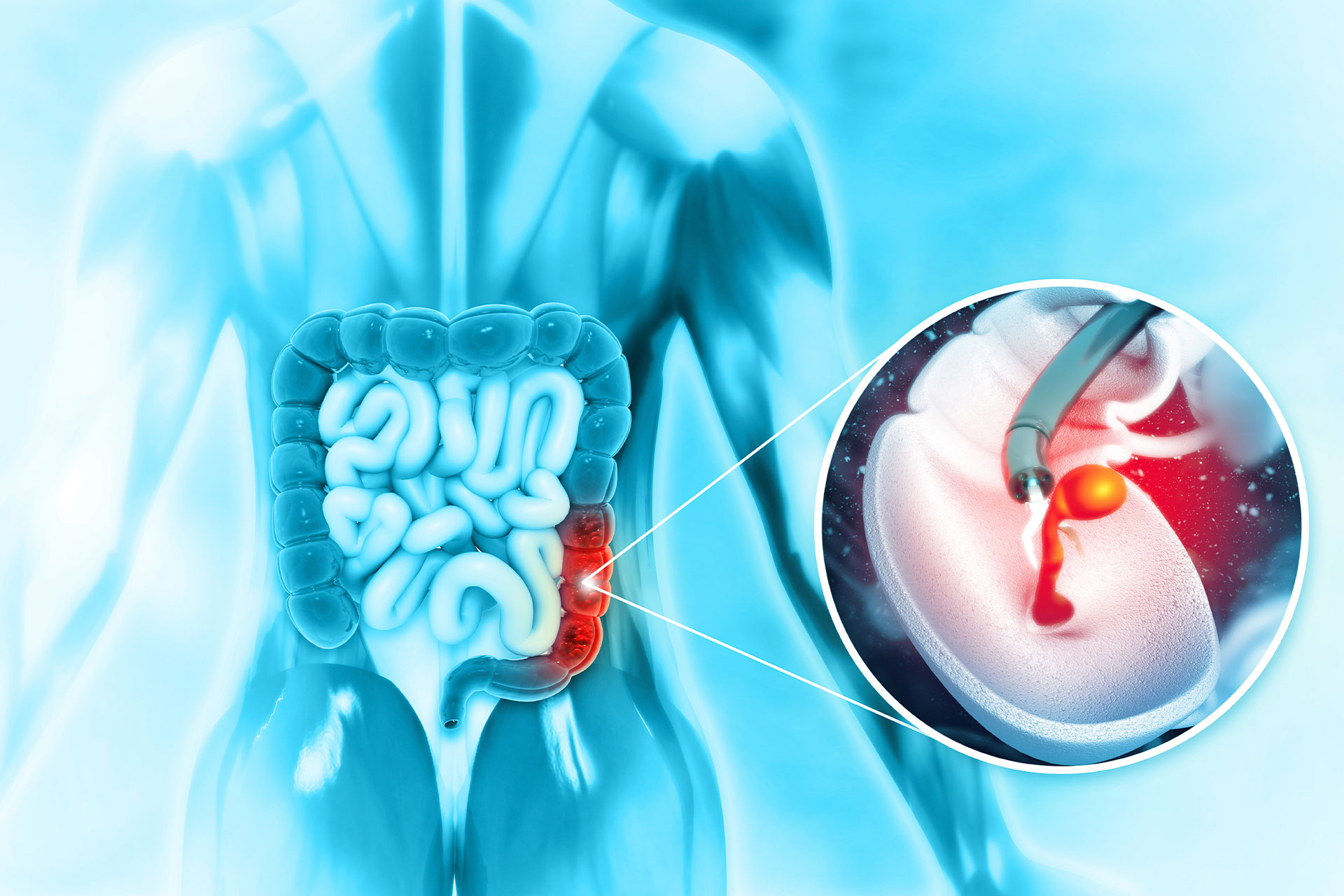Colorectal cancer (CRC) is a significant public health challenge in the United States, consistently ranking as the second leading cause of cancer-related deaths. Usually known as colon cancer or rectal cancer, this disease affects thousands of individuals and families each year. In response to its growing impact, March has been stated as National Colorectal Cancer Awareness Month, a tradition that continues into 2025. This annual initiative aims to enhance education, promote early detection, and advance treatment research for colorectal cancer.
As we move further into the second half of the decade, the importance of colorectal screening cannot be overdrawn. These campaigns are critical in saving lives and reducing the burden of this disease. Let’s explore what colorectal cancer is, its symptoms, risk factors, prevention strategies, and the ultimate advancements in screening and treatment. We will also show how you can get involved and support CRC patients and their families.
What is Colorectal Cancer?
It is a type of cancer that begins in the colon or rectum, parts of the digestive system. It typically develops from polyps, which are abnormal growths in the lining. Not every polyp becomes cancerous, but some can transform into malignant tumors over time if left untreated.
The disease is often silent in its early stages, making early detection through screening crucial. By 2025, advancements in medical research will provide a deeper understanding of colorectal cancer and how it progresses, enabling more effective prevention and treatment strategies.
Colorectal Cancer Symptoms: What to Look For
One of the challenges of colorectal cancer is that it often shows subtle or no symptoms at all in its early stages. However, as the disease progresses, patients may experience:
If you or a loved one experiences any of these colorectal cancer symptoms, it is essential to consult a healthcare provider promptly. Early detection can significantly improve outcomes.

A Lifesaving Step
Screening for colorectal cancer is one of the most effective ways to reduce mortality rates and improve treatment outcomes. Regular screenings can detect abnormal tissue or polyps before they become cancerous, allowing for timely intervention.
The recommended age to begin screening remains 45 for individuals at average risk. However, those with a family history of CRC or other risk factors should start earlier. The five primary types of screening tests include:
- 1
Colonoscopy – It is the gold standard for screening; this procedure allows doctors to examine the whole colon and remove polyps if detected.
- 2
Fecal Occult Blood Test (FOBT) – This test checks for hidden blood in the stool, which might be an early sign of cancer.
- 3
Virtual Colonoscopy – A non-invasive test that uses CT scans to generate detailed images of the colon.
- 4
Sigmoidoscopy – Like a colonoscopy but focused on the lower part of the colon.
- 5
DNA Stool Test: This test analyzes stool samples for genetic changes associated with colorectal cancer.
Taking Control of Your Health
While some risk factors for CRC, such as age and family history, cannot be changed, others are within your control. By adopting a healthier lifestyle, you can significantly reduce your risk. Key risk factors include:
To mitigate these risks, consider the following prevention strategies:
Take proactive steps toward a healthier life and reduce your chances of developing CRC by addressing these risk factors.

Get Involved
Colorectal Cancer Awareness Month is a time to unite as a community to promote understanding, support patients, and advocate for research. In 2025, the campaign continues to inspire action through events like Dress in Blue Day, held annually on March 1. On this day, people across the country wear blue to show their support for CRC patients, caregivers, and healthcare professionals.
Here are some ways you can get involved:
Advancements in Colorectal Cancer Treatment and Nursing Care
By 2025, significant progress has been made in the treatment of colorectal cancer, offering hope to patients and their families. Targeted therapies and immunotherapy have emerged as promising options designed for the specific genetic makeup of a patient’s tumor. Additionally, minimally invasive surgical techniques have lowered recovery times and improved outcomes.
For CRC patients, comprehensive care extends beyond medical treatment. Colorectal cancer nursing is vital in providing emotional support, managing symptoms, and educating patients about their condition. Nurses are often the bridge between patients and their healthcare teams, ensuring that individuals receive holistic care throughout their journey.
As we observe Colorectal Cancer Awareness Month in 2025, it is clear that awareness, prevention, and early detection are our most powerful tools in the fight against colorectal cancer.
If you are due for a screening, do not wait—schedule an appointment today. And if you are looking for ways to make a difference, consider getting involved.
At Signature Health Services, we remain committed to supporting CRC patients and their families. If you have any concerns or questions about colorectal cancer, do not hesitate to reach out. We are here to be part of your care team and help you in this journey with confidence and hope.
Call Signature 24/7 at 800-277-8291 for excellence in skilled and compassionate home health care.

Your Complete Home Health Care Solution!
ALWAYS ON CALL
| Monday – Sunday | 24 / 7 |
1 (800) 277-8291 (option 1)
COUNTIES SERVED
OUR VALUES
TESTIMONIALS

I love all of my home health people.

All Signature staff as well as therapy were very helpful.

Their services have always been great.

I really love my physical therapist. Gary has helped me so much.

This has been one of the best agencies. Very caring nurses.

I’ve had a really good physical therapist and really nice nurses.

I have had excellent care & would recommended them to anyone.

Gary Dixon is the very best physical therapist in Baytown and Houston Area.

